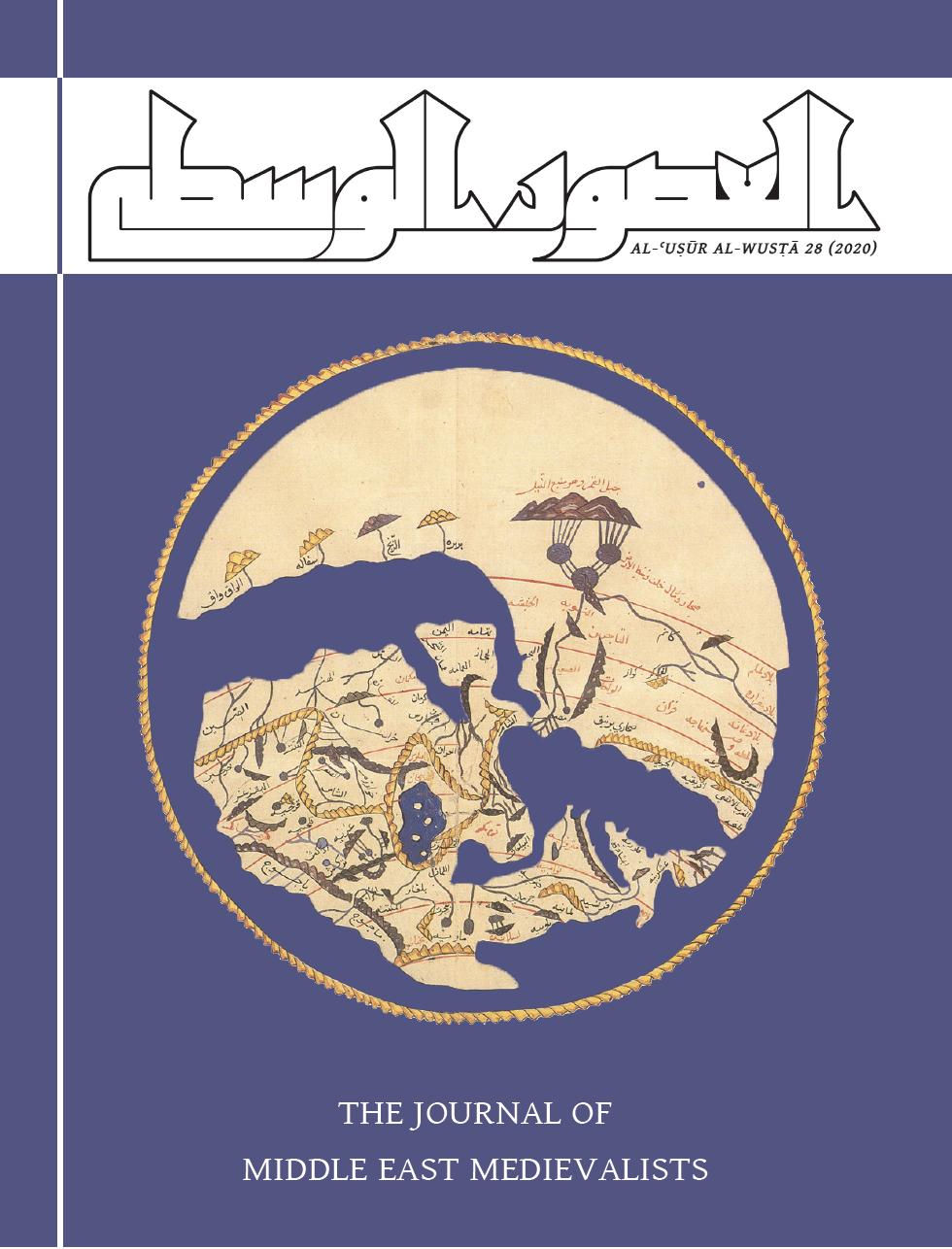Abstract
This article concerns early representations in Arabic-Islamic sources of Ḥijāzī opposition to the dynastic succession initiated by Muʿāwiya b. Abī Sufyān shortly before his death in 41/661. The study emphasizes the importance of Qurʾānic exegesis for understanding the origin of the Ḥijāzī-Umayyad debate over rightful caliphal succession. It also demonstrates that examining how this episode is depicted in various literary genres offers a wider perspective on the construction of historical narratives in terms of provenance, protagonists, and objectives. The analysis of tafsīr interpretations of Q 46:17, which serve as the article’s underpinning, reveals that the Umayyad court promoted the view that ʿAbd al-Raḥmān b. Abī Bakr was the rebellious son mentioned in this verse. Depictions of this dispute in the ḥadīth, ansāb, and adab genres clearly connect Marwān b. alḤakam with this interpretation after ʿAbd al-Raḥmān questioned Muʿāwiya’s appointment of his son Yazīd as his successor. The portrayals of the Ḥijāzī-Umayyad debate in taʾrīkh accounts represent a different perspective, one that shows a transition from a tribal and provincial setting to a broader caliphal political framework. The gradual shift from a reliance on Medinan transmitters to a focus on Iraqi authorities testifies to this orientation, as does the appearance of new leading protagonists. ʿAbd al-Raḥmān’s central role as a leader of the Ḥijāzī opposition to the Umayyads in the tafsīr, ḥadīth, and adab literature becomes secondary and overshadowed by other Ḥijāzī figures, particularly ʿAbd Allāh b. al-Zubayr.

This work is licensed under a Creative Commons Attribution-NonCommercial-NoDerivatives 4.0 International License.
Copyright (c) 2021 Abed el-Rahman Tayyara

